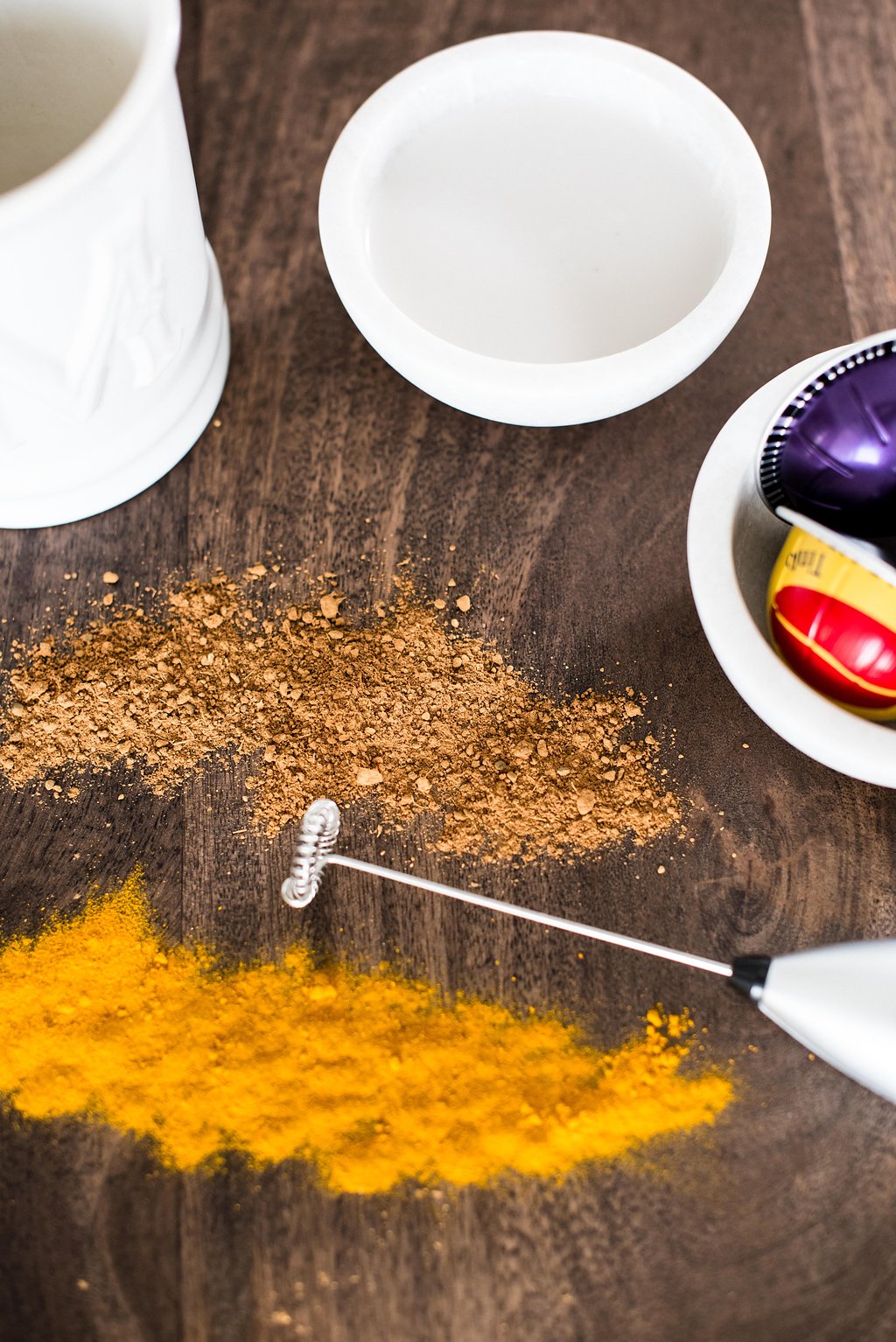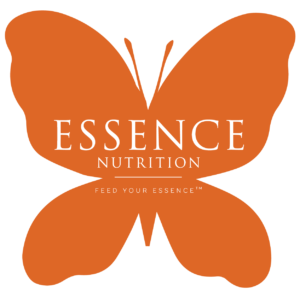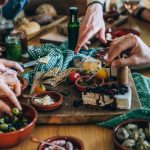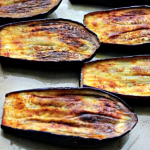Humans were designed to graze and hunt; and therefore their diets would be naturally varied. True “intuitive eaters” – people who are intimately in touch with their true hunger and cravings, always report that their bodies naturally crave a wide variety of foods, seemingly inexplicably. This is likely an evolutionary design so that we attain and access a wide variety of nutrients throughout the day, week, month, and over long-term periods of time to optimize our body’s functions. There are innumerous nutrients available to us; so in order to ensure we access all of them; a varied diet is a key to optimal health.
We see a lot of people hyperfocus on a single nutrient or food because it attracts media fame (turmeric, almonds, kale, spirulina, etc.) And while all foods are to be celebrated for their unique nutritional merit, assigning yourself to a confined list of foods because they are the most well-known or well-described boxes you in and closes you off from various other vital nutrients. Here are some behaviors/foods we love to hate, because we actually love ALL FOODS!
Cutting Out Legumes
A lot of diets, namely ketogenic ones, swear off all beans/hummuses. Beans are some of the most potent sources of prebiotic fibers in our diets (not to mention other micronutrients). Prebiotics nourish your probiotics in your gut microbiome. This can create a microbiome disturbance.
Only Eating Berries
You’ve heard berries are the lowest sugar fruit, and while they are certainly a wonderful food – you’re missing out on amazing other nutrients from other fruits. For example, bromelain and papayin are enzymes in pineapple and papaya, respectively, that are implicated in wound healing.
You’ve heard berries are the lowest sugar fruit, and while they are certainly a wonderful food – you’re missing out on amazing other nutrients from other fruits. For example, bromelain and papayin are enzymes in pineapple and papaya, respectively, that are implicated in wound healing.
Kale
Overdosing on kale can lead to a buildup of the heavy metal thallium and lead to toxicity.
Spirulina
Many spirulina powders are contaminated with heavy metals / other chemicals and frequent use may be risky.
Turmeric
Too much turmeric can affect blood clotting / liver function. Plus – it’s really only active when consumed with black pepper, which few people know. Don’t take a turmeric supplement; use the real spice or root when cooking.
Fish
While most of us could stand to have more fish in our diet, especially with those omega-3 fatty acids, mercury toxicity is a concern – especially if you’re consuming predatory fish (like tuna) and if you are a small person (toxicity is weight-related). Opt for wild low mercury fish like salmon, mackerel, herring, and anchovies.
Bran Crackers
While fiber does make you feel full and satiated and may promote weight loss – loading up on a ton of bran/fiber crackers that seem to be the rage can cause diarrhea/microbiome disturbance. If the bran crackers are the only source of starch you’re consuming – that’s unfortunate since it’s a poor source of micronutrients – beans, quinoa, oats, freekeh, teff, sweet potato, and squash are much more nutrient dense.
Yogurt
While yogurt is a wonderful food (especially plain and grass-fed) and won’t harm you (unless you have a dairy allergy), by only eating yogurt you’re missing out on marvelous other probiotic strains found in other fermented dairy like kefir, cultured cottage cheese, and skyr.
Apple Cider Vinegar
Taking shots of apple cider vinegar and dousing all of your vegetables in it as a dressing can be corrosive to esophageal lining and cause a laxative effect.
Collagen
Collagen has definitely had its moment du jour, and while it likely won’t harm you, folks are quick to count up the grams of protein listed and think they’re getting adequate protein. Collagen is actually a poor source of bioavailable proteins – it’s a very incomplete protein – meaning it is missing vital amino acids that contribute to optimal muscle growth. Seek out other protein sources that are complete.
Artificial Sweeteners
Sprinkling packets of artificial / non-nutritive sweeteners all day long can have a profound effect on taste regulation, cravings, and the microbiome. We actually prefer to have clients use a real sweetener, like honey or maple syrup (1 tsp) per day instead of a falsely deified sugar substitute.
Deli Turkey
We know – it’s the EASIEST, quickest, cheapest, and leanest protein option for quick lunches. But only eating deli meats for protein for lunch is a quick way to up your risk of certain esophageal and gastrointestinal cancers. The nitrates present in the curing process are linked to these cancers. And the organic / no nitrate added varieties still present the same risk.
Essentially Yours,
The Essence RD Team The Essence RD Team
